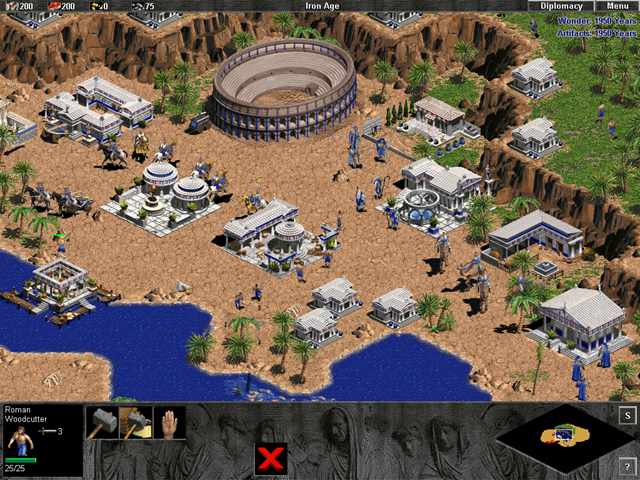Last week was hectic. Work was demanding, and I had forgotten about some random meetings and appointments when I planned the attack on my to-do list. In the end, I had little chance to think about Magic.
There was another Standard PPTQ on Halloween afternoon, as a side event to the Regional PTQ Denver is lucky to host. I wanted to play in it, but committing my entire Saturday night to a tournament starting after 2:00 pm was too much, especially as I hadn’t practiced since my top four the week prior. And then my friends Amy, Ben, and Tristan offered up a better alternative: dinner and Settlers of Catan on Halloween night while we hand out candy to the neighborhood kids. The value of a random PPTQ pales in comparison to a rare and awesome game night.
The night was particularly enticing because none of us really know how to play Settlers of Catan. I’d played a few times years ago but had only a vague sense of the game mechanics. Tristan is an avid board gamer, but his expertise lies in Imperial Assault and Descent. Amy and Ben are casual game aficionados, but somehow all of us had missed the boat on Settlers of Catan. When I moved to Denver last year, I bought a copy while I was making the tour of local game stores to scout for Magic haunts. And now finaly we could figure it out together.
Ben, Tristan, and I played Age of Empires together all the time in college, so that was our reference point for Settlers. Collect resources and use them to build things and get points. Pretty straightforward, right? Yes, but we were new to the mechanics of Settlers of Catan. The essence of the game is this: each player builds settlements and harvests resources based on the land squares occupied and the dice rolled. You trade those resources amongst yourselves and the bank, and use them to build more settlements or do other things to earn points. Get ten points first and win.
We made some hilarious misinterpretations of the rules, and that made the game pretty exciting. Most significantly, we thought resource cards were exhausted once used, rather than returned to the bank for further harvesting. It was like real world resource extraction, hardcore style. At some point we were like, “I guess we can’t build more roads.” Eventually, like all governments facing scarcity, we found a loophole and printed more money, so to speak, by putting the used resources back in the bank. Which we eventually confirmed was what we were supposed to have been doing all along.
Without that rules confusion, we would have missed out on the unseemly parallels to real life. When a government runs out of resources, it pretends to have more. If enough of the world is invested in that government’s success, the illusion works. Say, for example, the United States and its foreign debt. The game must go on.
We also flipped the rules on trading resources from harbors. I won the game eventually because I controlled the harbor that trades ore. Ore is the key resource for building cities, which give two points apiece. You’re supposed to be able to use the ore harbor to trade two ore for one of any other resource, but we thought it was the reverse: I could trade any two copies of another resource for one ore. If we had the rules right, Ben could have made a bunch of ore off his wood harbor instead. Oops.
Finally, we skipped over an important safety valve in the “longest road” competition. You get two points for controlling the longest continuous road. The game only allows fifteen road segments per player, so once someone builds all fifteen in a row, they have the longest road and lock up those points. Or so we thought. Turns out you can build a settlement along another player’s road and break it up. We didn’t realize that, so I won by being the first to wind my way around fifteen routes. I had the longest road and the most cities, both from misreading the rules.
That never happens in real life, though. We have an omnipotent supercomputer checking everyone’s plays and ensuring total compliance with the letter of the law. It’s a real tehnological utopia we live in. Right? And it’s just a coincidence that I, the only lawyer in our game of Settlers of Catan, won through the lack of a similar overseer in the game. Can you conceive of that actually happening in our world? I sure can’t.
So there you have it: sometimes it’s fun to skip a Magic tournament to spend three hours exploring the fantasy world of primitive settlements on a random island in the sea of imagination. The food is better than at Magic tournaments, too, especially when Ben makes a mean green chili stew. I’ll be back next week to talk Battle for Zendikar limited as I prepare for Grand Prix Atlanta.
Carrie O’Hara is Editor-in-Chief of Hipsters of the Coast.



